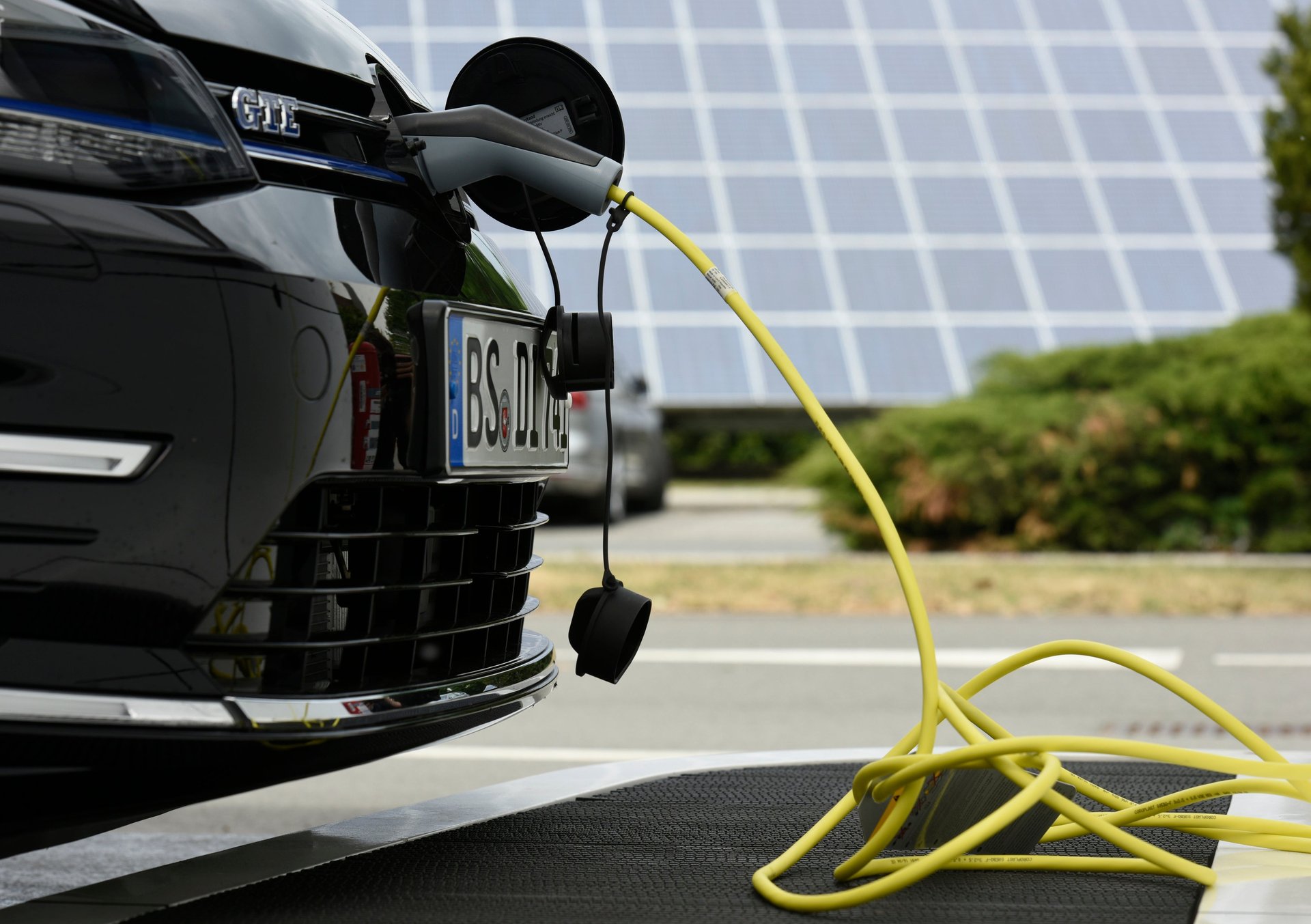Europe’s new super-charging network could encourage more people to buy e-cars
A group of car companies has taken an important step toward making electric cars a more viable option for consumers, by forming a joint venture to build hundreds of fast-charging stations across Europe.


A group of car companies has taken an important step toward making electric cars a more viable option for consumers, by forming a joint venture to build hundreds of fast-charging stations across Europe.
The consortium, Ionity, is made up of Ford, BMW, Daimler, and Volkswagen (and VW-owned Audi and Porsche). At its launch today (Nov. 2), Ionity said that it would have 20 charging stations up and running this year in Austria, Germany, and Norway, and plans to add another 100 in various countries next year, with a view to reaching 400 stations across Europe by 2020.
With 350kW capacity, the super-fast Ionity chargers will radically cut the time people need to wait around while topping up their batteries. The stations will also be just 75 miles (120km) apart, meaning drivers don’t need to plan routes or worry about running out of charge before they reach the next one.
“The first pan-European HPC network plays an essential role in establishing a market for electric vehicles,” Ionity CEO Michael Hajesch said at the launch.
Automotive experts told Quartz earlier this year that Germany’s patchy network of charging stations was one of the main things putting Germans off buying electric cars—and hampering the industry’s efforts to sell more of them.
Unlike Tesla’s stations, the Ionity stations will charge all brands of electric vehicles, and Ionity is inviting other companies to join the new venture to help expand the network’s coverage.